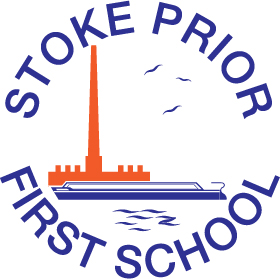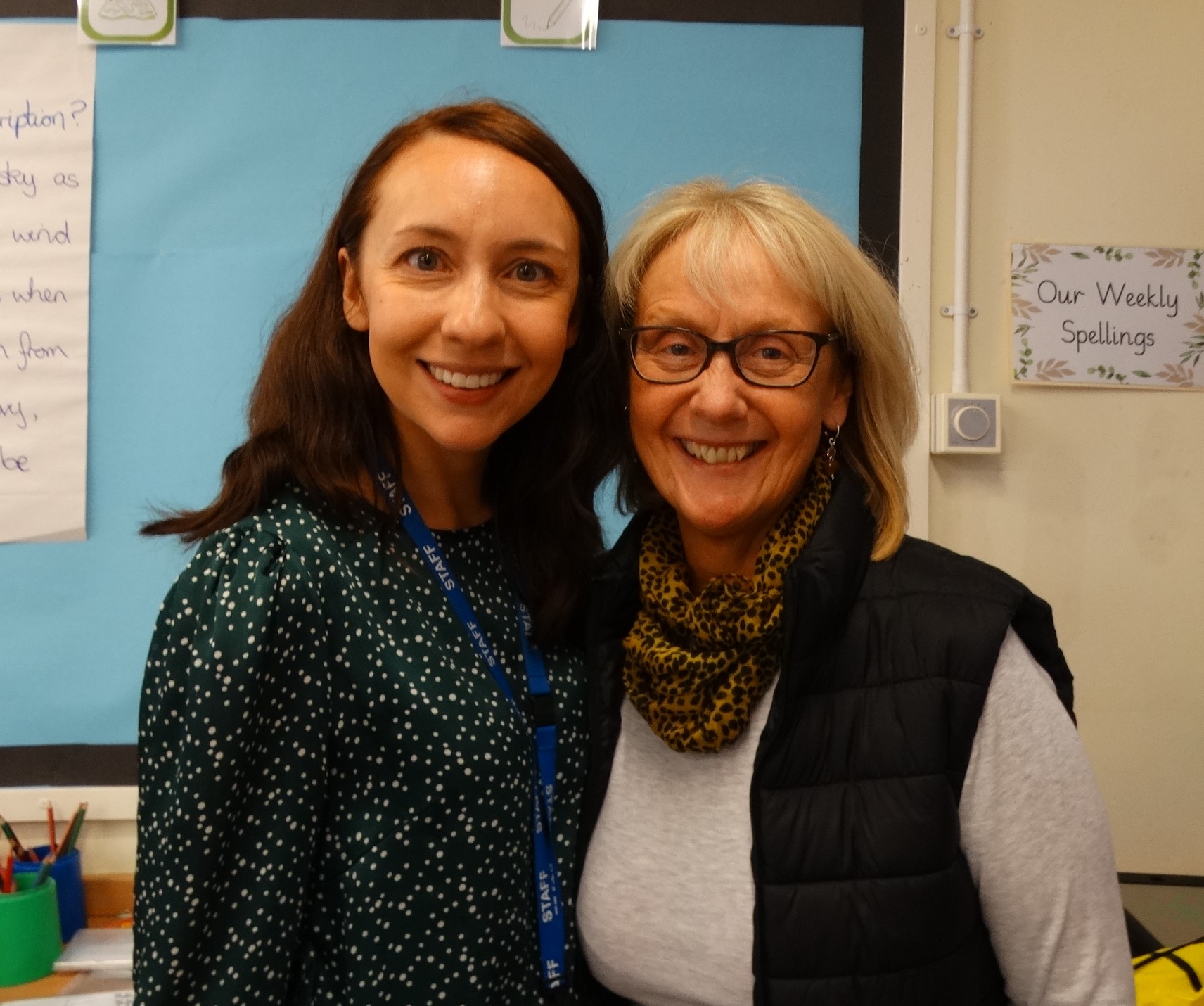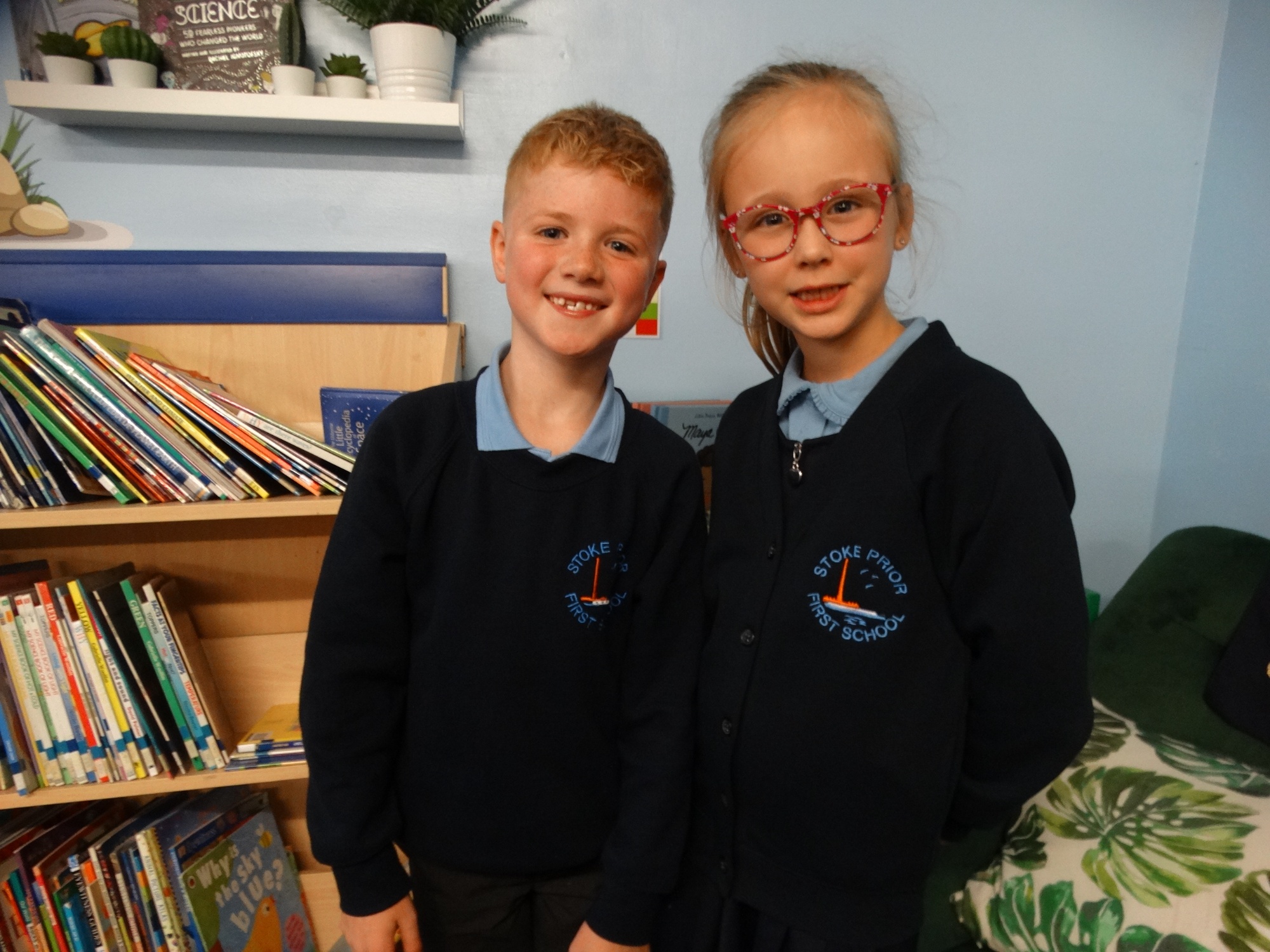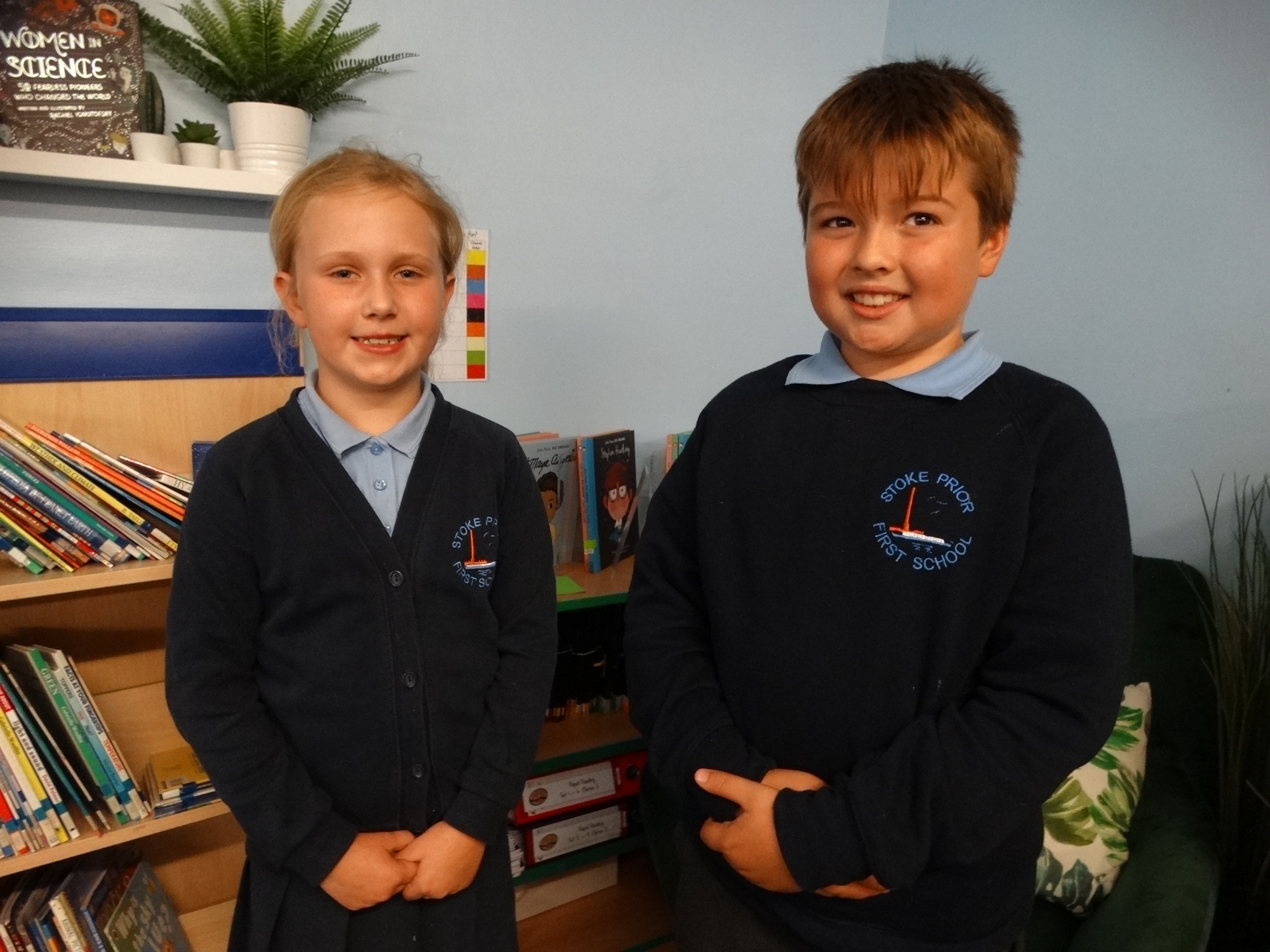Year 3
Welcome to Autumn Term in Year 3!
Hello from the Year 3 team!
Mrs David & Mrs Bowles
Year 3 School and Eco Councillors
Year 3 School Councillors
Year 3 Eco Councillors
Please use the headings below to see what we are learning about this term in Year 3.
English
This term, in English, we are studying the following texts:


The Iron Man by Ted Hughes Fox by Margaret Wild
Children will be writing narratives for both texts, as well as an explanation text and an information report.
Terminology for pupils: preposition, conjunction, word family, prefix, clause, subordinate clause, direct speech, consonant, consonant letter vowel, vowel letter, inverted commas
Maths
We use Master the Curriculum for maths. Below you can see the small steps we will be learning in the Autumn term. Each small step usually represents one lesson. However, sometimes we may take a few extra lessons to learn and consolidate some of these maths skills.
Our maths focus areas this term are: Place Value, Addition & Subtraction, Multiplication & Division.

Guided Reading
We have three Guided Reading lessons every week. These are the texts we are reading this term:
| Text 1 | Text 2 | Text 3 |
| New and collected poems for children | Africa, Amazing Africa | A necklace of raindrops |
| Dreams and curiosity | Overcoming adversity | Confidence and caution |
| Poetry | Non-Fiction | Fiction |
Science
In Science during the first half term we will be learning about Movement & Nutrition, where we will learn to:
- Recall the three key functions of the skeleton (movement, support and protection).
- Describe a vertebrate, invertebrate, endoskeleton and exoskeleton and use this information to group animals.
- Identify and name the skull, spine, ribs and pelvis on a diagram.
- Recall that muscles cause movements in the body, some of which we can control consciously.
- Describe that muscles can cause a movement by shortening and pulling on a bone.
- Recall that animals, including humans, need to eat food to survive.
- Describe some examples of how energy is used by the body and make comparisons about the energy demands between people.
- List some of the seven nutrient groups.
- Name foods that are good sources of nutrient groups and describe what they are needed for in the body.
- Compare two different meals and explain which is more balanced by naming the nutrient groups and commenting on the relevant proportions.
- Record measurements of different bones and use the data to sort them into size order.
- Describe some ways scientific research has improved the field of bionics/prosthetics, such as the choice of materials or linking their movement to muscles in the arm.
- Find relevant data on food packaging and make numerical comparisons.

In Science, during the second half-term we will be learning about Forces & Magnets, where we will learn to:
- Identify examples of pushes, pulls and twists.
- Define a force, including describing, naming and classifying contact and non-contact forces.
- Use arrows and scientific vocabulary to show the direction of a contact force.
- Use evidence to support conclusions.
- Identify the variables to change, measure and control.
- Write a method to explain how to use a magnet to sort and classify materials as magnetic or non-magnetic.
- Label the axes of a bar chart.
- Draw bars on a chart accurately.
- Identify key information from a source.
- Use more than one source to research a question.
- Describe the relationship between friction and the roughness of a surface.
- Identify examples of friction being useful or not.
- Predict attraction and repulsion between like and opposite poles.
- Identify examples of magnetic and non-magnetic materials.
- Name some examples of types of magnets and compare their strengths.
- Describe some examples of the uses of magnets.

Computing
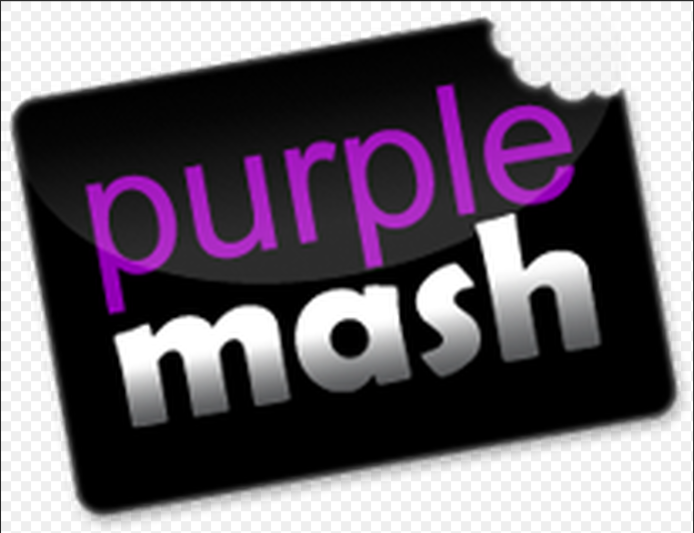 In computing this term we are learning about online safety and email. We use Purple Mash to help us learn about computing. You will find your login details in the back of your reading diary. https://www.purplemash.com/
In computing this term we are learning about online safety and email. We use Purple Mash to help us learn about computing. You will find your login details in the back of your reading diary. https://www.purplemash.com/
History/Geography
What did the Ancient Egyptians believe?

In our Autumn 1 history topic we will learn to:
- Identify the ancient civilisations and key periods in ancient Egypt.
- Describe the physical features of Egypt.
- Explain the Egyptian creation story.
- Identify the characteristics of important gods or goddesses.
- Explain why the pyramids were built.
- Identify the stages and challenges of building a pyramid.
- Explain the links between ancient Egyptian beliefs and mummification.
- Name sources that can be used to find out about ancient Egyptian beliefs.
- Explain some Egyptian beliefs about the afterlife.
Who lives in Antarctica?

In our Autumn 2 geography topic we will learn to:
- Describe what lines of latitude and longitude are, giving an example.
- Understand that the Northern and Southern Hemispheres experience seasons at different times.
- Define what climate zones are.
- Understand Antarctica has a polar climate made up of ice sheets, snow and mountains.
- Describe Antarctica’s location in the far south of the globe.
- State that tourism and research are the two main reasons people visit Antarctica.
- Describe the equipment researchers might use and the clothes they wear.
- List some of the research carried out in Antarctica.
- State the outcome of Shackleton’s expedition.
- Successfully plot four-figure grid references at the point where the vertical and horizontal line meet.
- Describe a similarity and difference between life in the UK and life in Antarctica.
- Confidently use the zoom function on a digital map.
- Begin to recall the eight points of a compass, following at least four of them.
- Recognise and describe features on their school grounds from an aerial map.
- Draw a map of the route they take on an expedition.
- State one thing that went well on the expedition and one aspect that did not go as hoped.
Art/DT
In DT we are learning about mechanical systems - pneumatic toys. We will learn to:
- Draw accurate diagrams with correct labels, arrows and explanations.
- Correctly identify definitions for key terms.
- Identify five appropriate design criteria.
- Communicate two ideas using thumbnail sketches.
- Communicate and develop one idea using an exploded diagram.
- Select appropriate equipment and materials to build a working pneumatic system.
- Assemble their pneumatic system within the housing to create the desired motion.
- Create a finished pneumatic toy that fulfils the design brief.

In Art we are exploring sketching shapes, painting silhouettes, clay and collage. We will be looking at Egyptian Art as a starting point.
Music
In Music we will be exploring descriptive sounds and arrangements this term.
PE
In PE this term we are learning the following:
Fundamentals:
- Physical: balance, run, dodge, hop, jump, skip
- Social: respect, communication, co-operation, safety
- Emotional: determination, perseverance, honesty, independence
- Thinking: comprehension, select and apply, tactics, exploration
Street Dance:
- Physical: actions, dynamics, space, relationships
- Social: share ideas, respect, collaboration, inclusion, leadership, work safely
- Emotional: confidence, acceptance, sensitivity, perseverance
- Thinking: select and apply actions, creativity, observe and provide feedback
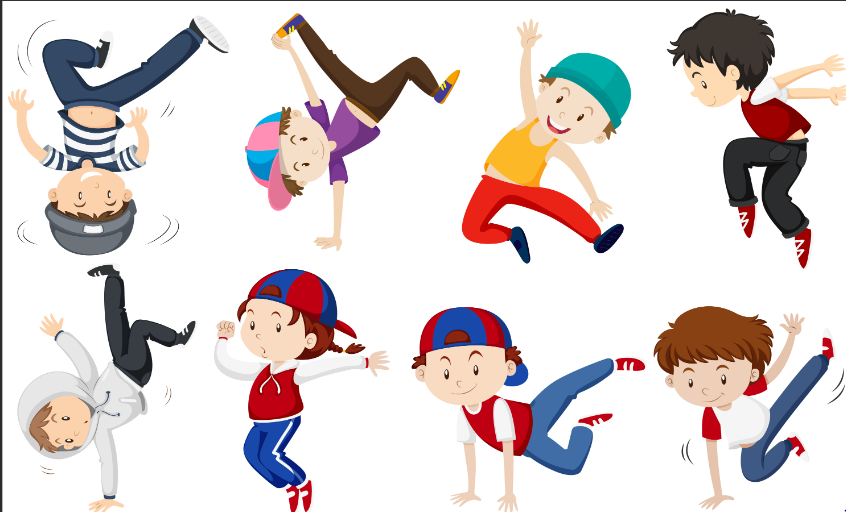
We also have our forest school sessions this term, which is part of our PE curriculum.
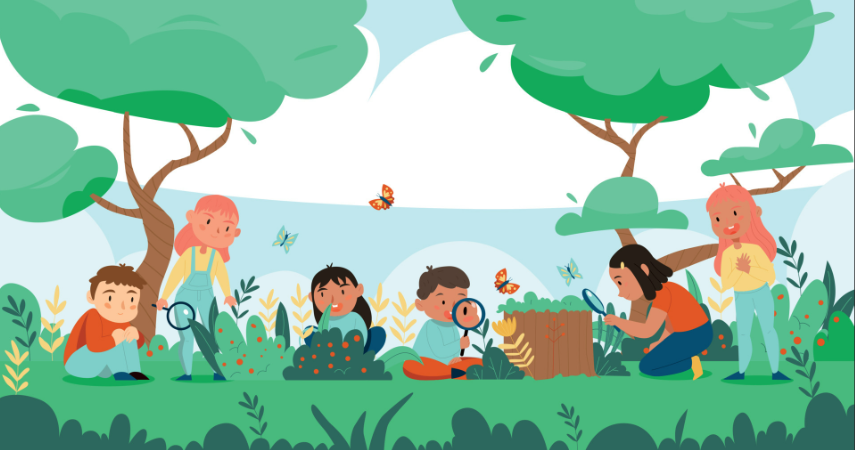
RE
We follow the Worcestershire Agreed Syllabus for RE.
Our two key questions this term are:
- What do Christians learn from the Creation Story?
- What is it like for someone to follow God?

PSHE
In PSHE we are learning about:
Relationships
- Friendship;
- Making positive friendships,
- Managing loneliness,
- Dealing with arguments
Health and wellbeing
- Keeping safe;
- At home and school;
- Our bodies;
- Hygiene;
- Medicines and household products
MFL (French)
Our French topic this term is 'Family and Friends', where we will be exploring the following with Mme Pillion
- European day of languages
- Understand the importance of language learning
- Phonics
- Understand and answer questions about pets
- To describe pets applying rules using adjectives
- Learn about my family
- Christmas
Enhanced Curriculum
Forest School
Year 3 have forest school on a Thursday afternoon starting on Thursday 7th November, and finishing Thursday 12th December. The final session for each year group will be in the morning, and family members will be invited in to join the children around a fire.
Children are to come to school in uniform and bring their own kit in to school on a Thursday to change in to. This includes: a change of clothes, waterproofs, wellies/walking boots, gloves, hat, bag to put wet items in at the end of the day.
LOTC
Year 3 have learning outside the classroom for an hour every Tuesday afternoon. Children need to bring in dark jogging bottoms and wellies for these weekly sessions.
Please see our Outdoor Learning page for more information on Forest School and LOTC
Adopt a Chef - as part of the children's DT and PE curriculums, Mr Caldora will be in school each term to teach the children about healthy eating and how to prepare different meals. This term he is visiting on 10th October.
Christmas Play - The children in year 3 play a art in our Chrsitmas play as our choir. We are performing for families on 9th December 2pm and 6pm, and 11th December 6pm. We hope you can join us!
Reading, Spellings & Times Tables at home
It is expected that parents will support their child’s learning through nightly reading, times tables and practising spelling words. Creative tasks may be set at points during the year that children can complete to support class topics or other whole school themes e.g. arts week or science week.
Expectations for homework
- Reading: Children will receive a reading book from school, which they should read every day. It is also encouraged for them to read their own books at home too, to develop a love of reading and an experience of a range of genres. Please log all in reading in their diaries.
- Spellings: children will receive weekly spellings. Please support your child in learning these.
- Times tables: Children should be using the online platform Times table Rock Stars - https://ttrockstars.com/ regularly to practice these, so that they know all of their facts up to 12 x 12 by the end of Year 4. At least three times a week (2, 5, 10, 3, 4, 8)
- Whole School Challenges: Throughout the year there are a range of special challenges e.g. make a bird feeders related to whole school initiatives. These tasks are optional and are in addition to homework set by class teachers.
Online Platforms (if you wish to do extra!)
Numbots - https://play.numbots.com/
Times table Rock Stars - https://ttrockstars.com/
Purple Mash - https://www.purplemash.com/
Thank you for taking the time to look at our class page and everything we are going to be learning this term. If you have any questions, please contact the office or speak to a staff member after school!
